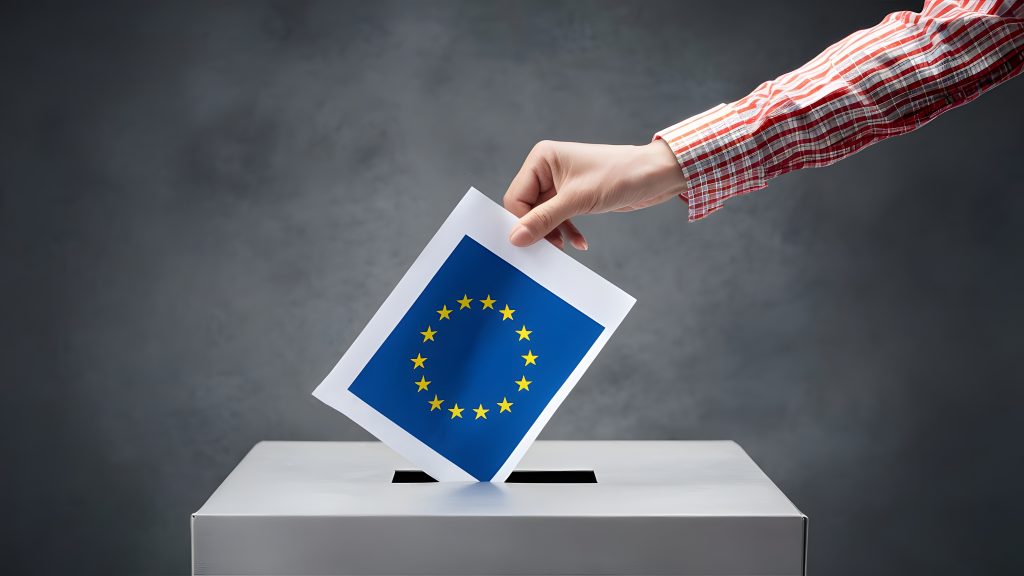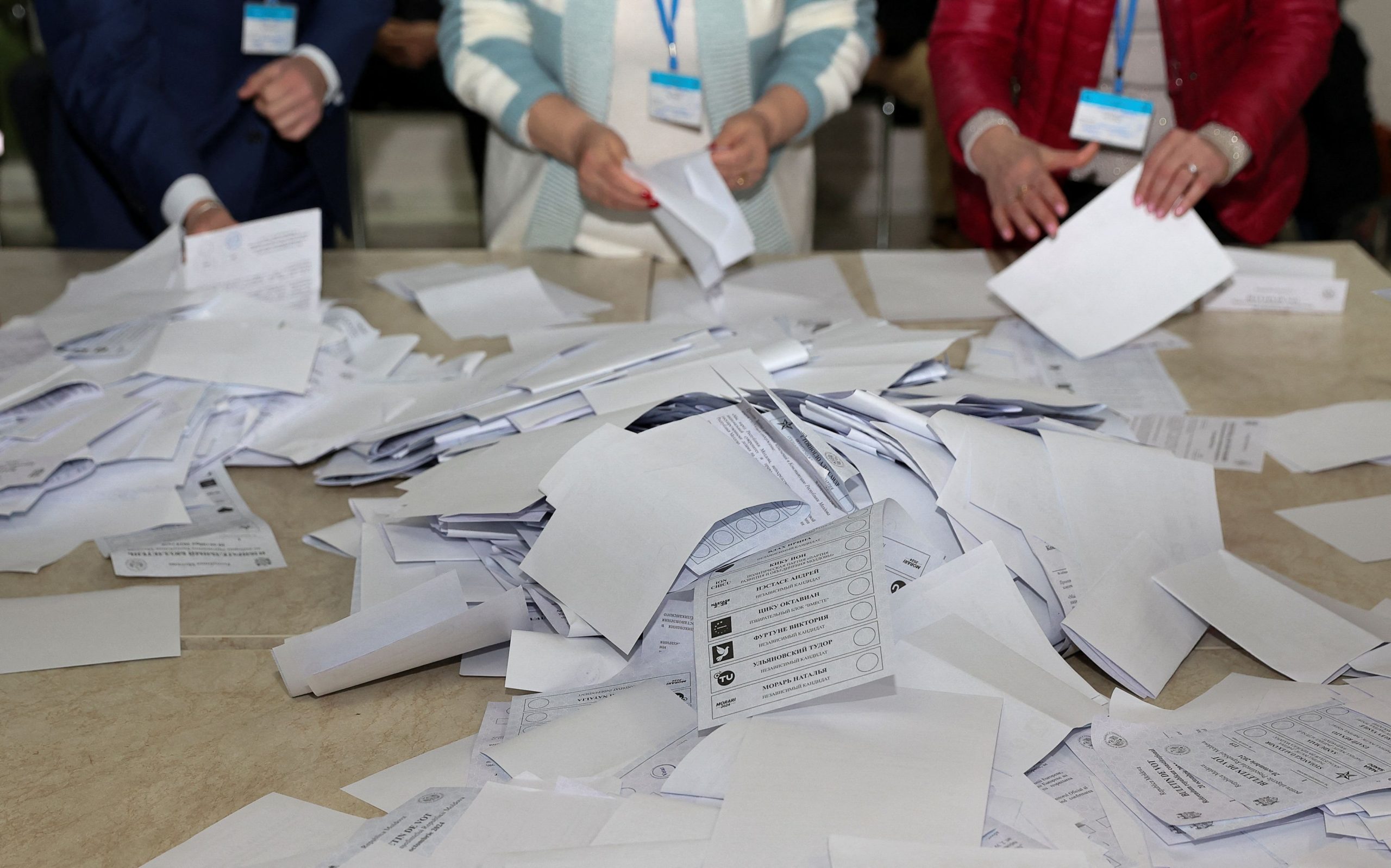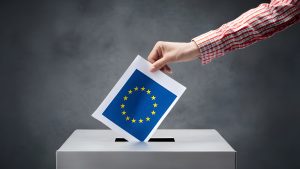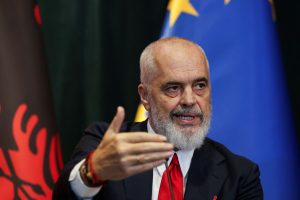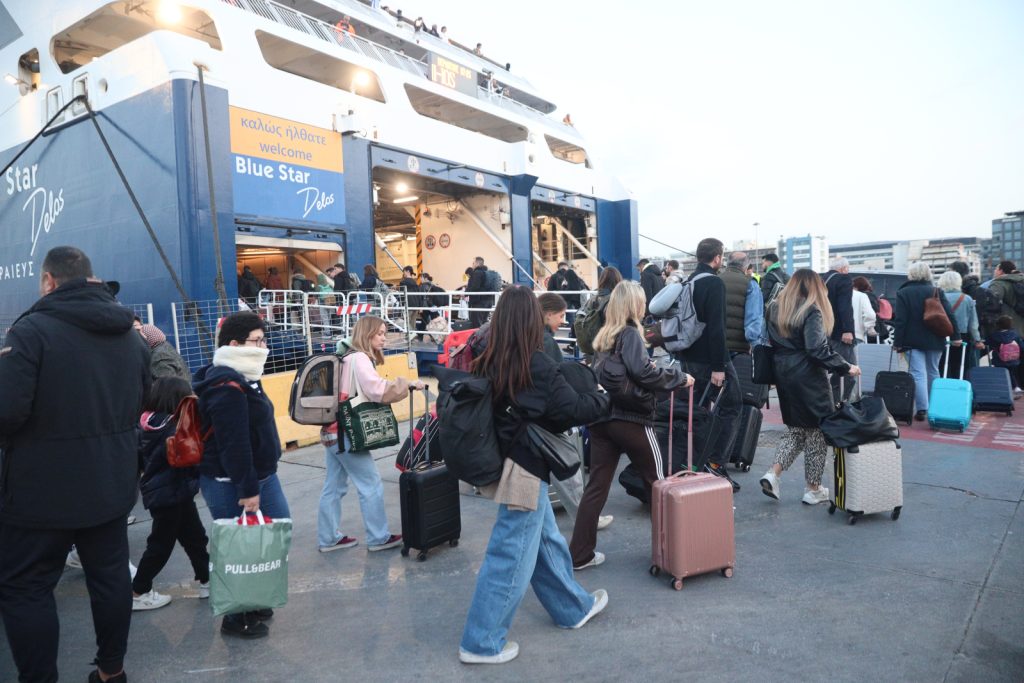In a down-to-the-wire referendum on Sunday, Moldova voted in favor of joining the European Union. With over 99 percent of the votes counted, just 50.3 percent of Moldovans–a margin of a few thousand votes–supported joining the EU, amid an election rife with allegations of Russian interference.
Last night, earlier in the count, it had seemed that the anti-EU votes would win out. Αt midnight when the “no” votes were ahead by around 10 percentage points, Pro-EU president Maia Sandu held an emergency press conference. She blamed the early results on “foreign forces” that had used bribes and propaganda to influence voters in what she called a “fraud of unprecedented scale.”
The Moldovan government had raised the alarms on foreign meddling and voter fraud earlier this month. Moldovan police reported that over $15 million in Russian funds had been funneled to the bank accounts of 130,000 Moldovan citizens. Authorities accused Ilan Shor, a pro-Russian businessman living in Russia and founder of a banned Moldovan political party, of orchestrating the money laundering scheme to bribe voters through a network of banks and messaging platforms.
Shor had previously said himself he would pay to convince “as many people as possible” to vote “no” or to abstain in the EU referendum. The BBC reported that they spoke to at least one Moldovan who said she had been promised cash in exchange for her vote.
Despite these claims, the Kremlin responded on Monday, with spokesperson Dmitry Peskov challenging Moldovan president Sandu to provide evidence of Russian interference.
Moldovan president Sandu was also running for re-election. If she does not get over 50% of the vote, which looks unlikely at this point in the count, she will face a run-off against Aleksandr Stoianoglo, a pro-Russian candidate. Should Stoianoglo join forces with the other candidates in the run-off Sandu may face difficulty securing reelection.
Approval of the EU referendum will allow the Moldovan government to amend the constitution and move forward with talks on EU membership, aiming for accession by 2030.
